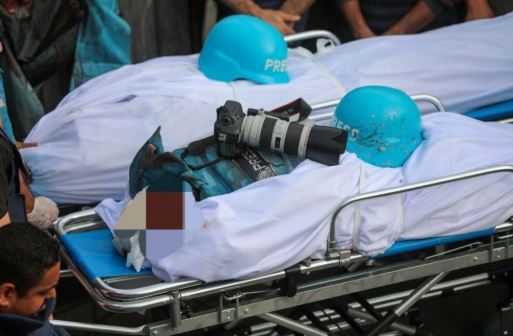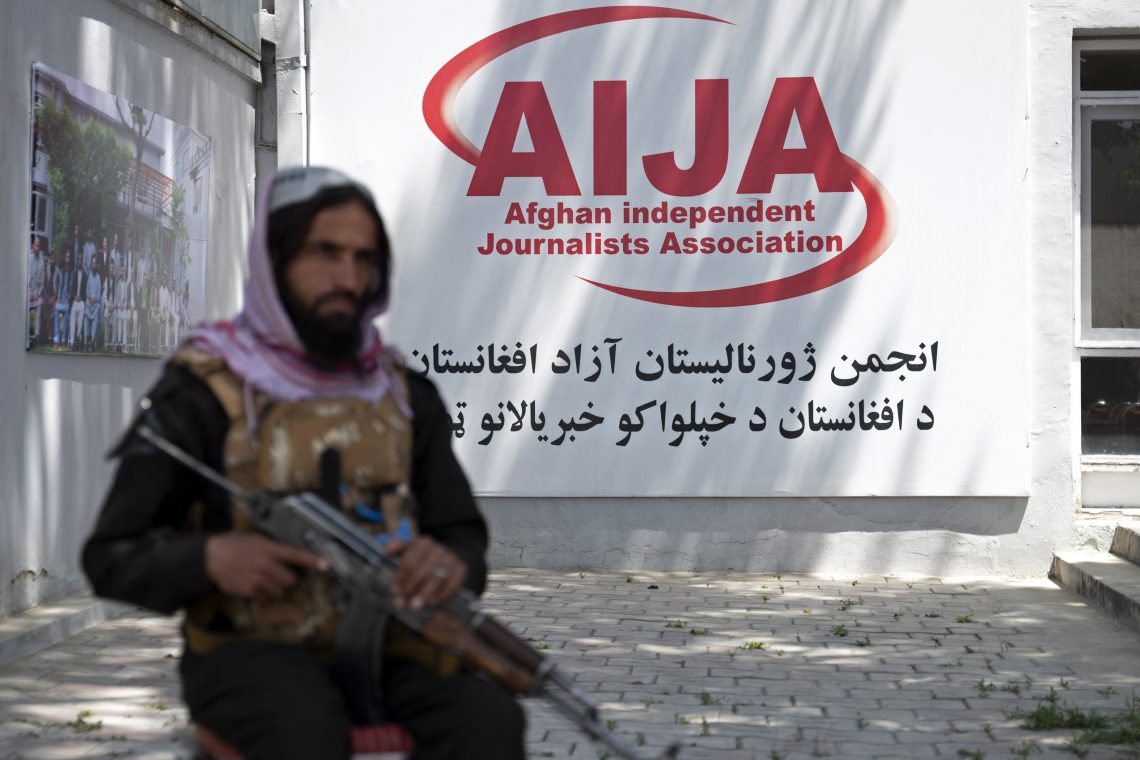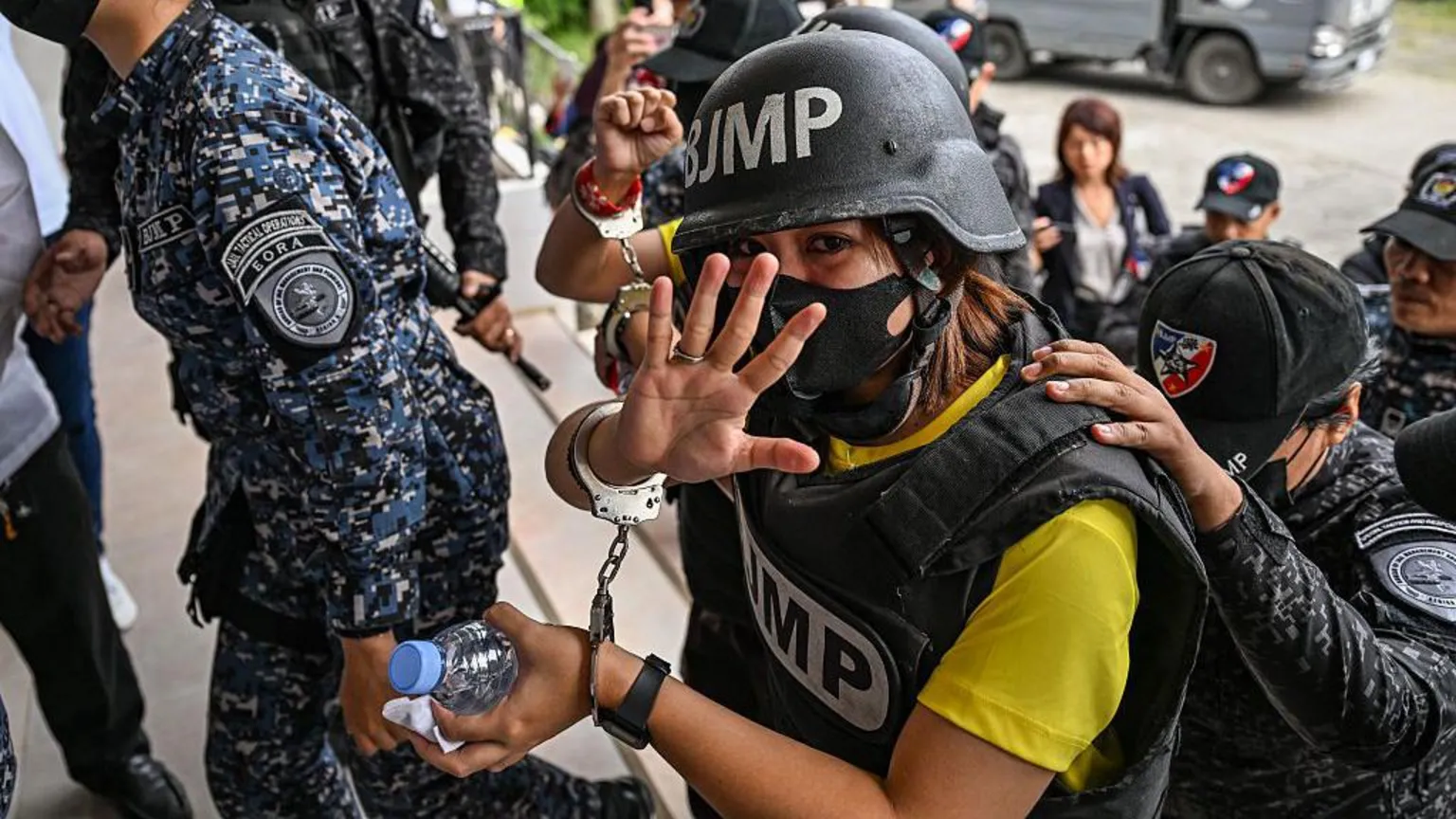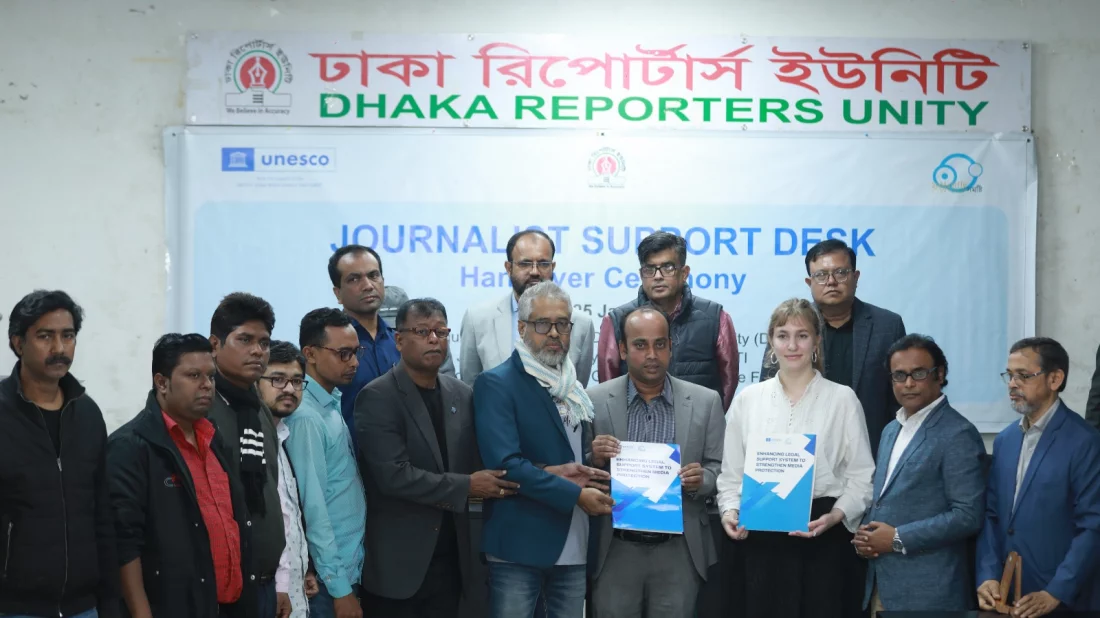
Egypt Releases Three Journalists After Union-Led Campaign
January 6, 2025
111 Palestinian Journalists Killed in 2024: Gaza Becomes the Deadliest Zone for Media Workers
January 6, 2025January 6, 2024 – Afghanistan –
A new report by Amu TV and the Afghanistan Journalists in Exile network reveals a devastating picture of press freedom under Taliban rule. Since the group’s return to power in August 2021, at least 300 journalists and media workers have been detained, many subjected to violence and intimidation. Although only 200 have been identified publicly, the scope of repression is far broader, with most detainees unwilling to speak out due to fear of reprisal.
In addition to mass detentions, 17 journalists have died, either killed or under suspicious circumstances, and at least 28 others have suffered physical assaults. The media landscape, once considered a major success of post-2001 Afghanistan, has been decimated. Of the 536 media outlets operating before the Taliban takeover, over 250 have shut down, leaving a small number to function under heavy Taliban censorship.
The Taliban have issued 12 repressive decrees restricting media content, most notably the “Command of Good and Prohibition of Evil” order, which grants officials sweeping powers to monitor and punish media deemed un-Islamic or critical. This regulatory framework has crushed independent journalism, forcing journalists to self-censor or abandon their work entirely.
Women journalists have been particularly affected. From a workforce of approximately 2,000 before 2021, fewer than 100 women remain in journalism today. The Taliban’s strict gender policies have virtually eliminated female voices from public media, cutting off critical perspectives on women’s issues, healthcare, and education.
Afghanistan’s journalist population has also seen a massive exodus. Of the 12,000 media workers active before the Taliban’s return, fewer than 4,500 remain in the country. Roughly 1,500 journalists have resettled in Europe and North America, while 3,000 are in limbo in neighboring countries, including Pakistan, Iran, and India.
The report underscores the near-total collapse of Afghanistan’s free press. Without urgent international intervention—through asylum support, legal advocacy, and sustained pressure on the Taliban—the voices of Afghan journalists, especially women, risk being permanently silenced. In the absence of a free press, accountability, transparency, and the public’s right to know are all under grave threat.
Reference –




